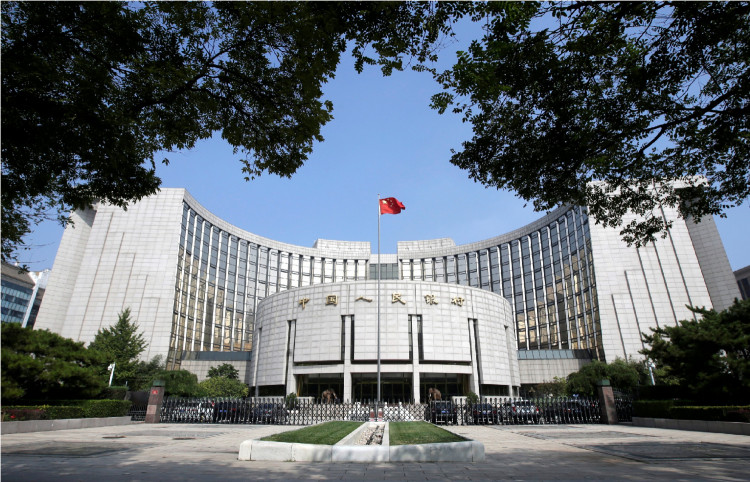China continued to massively support its faltering economy, spending 10.7 percent more from January to June year-on-year in a persistent bid to re-ignite growth.
On the other hand, China is having to contend with fiscal revenues that rose a scant 3.4 percent during the same period, according to the Ministry of Finance. This shortfall is raising speculation Beijing might resort to quantitative easing anew to ease pressure on the economy.
It remains obvious China is taking whatever action is necessary to stimulate its economy by boosting spending and delivering tax cuts.
"In the first half, the nationwide fiscal spending growth was significantly faster than revenue growth, providing strong support for investment in key areas," said Liu Jinyun, an official at the ministry.
The ministry also reported China's tax revenues rose a mere 0.9% in the first half year-on-year compared to a 5.4% rise in the first quarter. Non-tax revenues during the period jumped 21.4% from a year earlier, however.
Trump's trade war is crimping the revenues China needs to maintain economic growth. Fiscal spending growth in the first half was markedly lower than the 15 percent improvement in the first quarter, said the finance ministry.
Official government data released Monday reveals China's economic growth decelerated to 6.2 percent in the second quarter, its weakest uptick in the past 27 years. Analysts said this sharp drop was due to ebbing demand at home and abroad in the face of the U.S. trade war that is now a full-year-old.
The central government has also increased fund transfers to local governments to help ease their fiscal shortfalls, said Hao Lei, a ministry official.
"Due to the impact of policy on tax and fee cuts, fiscal revenue growth has been slowing since the start of this year and pressures on revenue and spending have increased," noted Hao.
In the first half, total net bond issuance by local government units hit $316.74 billion, or 70.7 percent of the annual quota, said the ministry.
Net local government bond issuance hit $104 billion in June, the highest thus far this year. This amount was equivalent to a third of the first-half amount, said the ministry.
Beijing has announced tax cuts of $290 billion (RMB2 trillion) and a quota of $313 billion (RMB2.15 trillion) for local governments to sell special bonds that will fund key infrastructure projects this year.
The National Bureau of Statistics of China said the data reveals a "complex environment" both at home and abroad. It said the economy "performed within the reasonable range" in the first half of 2019, but now faces "new downward pressure."





